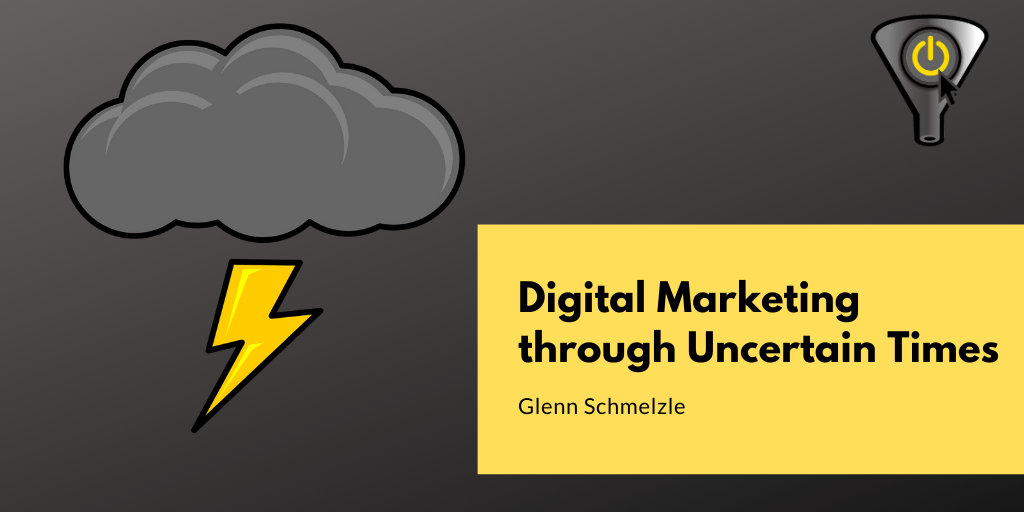Episode 200
Podcasts are tiny time capsules, preserving moments of wisdom and insight. Every time I revisit past episodes, I am reminded of how insightful our guests have been. Certain themes consistently emerge, echoed by guests from the very beginning of the podcast to just yesterday. The cost of ignoring these insights is so high that they bear repeating.
Tune in to our latest episode where I share six aspects of marketing that I didn’t know when I first started this podcast. Please listen in on these valuable pieces of wisdom.
Timestamps/Chapters
0:00:00 Intro
00:00:51 Dan White on mutual understanding
00:02:09 Nick Kelly on tackling human adoption
00:02:45 Debbie Qaqish on marketing ops
00:06:35 Johan van de werken on sharing knowledge
00:07:28 Jim Gianoglio on conferences
00:09:04 Tim Wilson on mixing tactics with strategy
00:12:39 Giannini Fumagalli on change
00:13:07 Gil Gildner on change
00:13:54 Amanda Farley on mindset towards change
00:20:05 Brett Serjeantson on SaaS’s shortcomings
00:21:11 Mark Edmondson on building your own system on top of analytics data
00:22:38 Bob Moore on the rise of APIs
00:23:09 In conclusion
Past Guest Episodes
Smart Branding, with Dan White
Delivering Data Analytics with Nicholas Kelly
From backroom to boardroom with Debbie Qaqish
Boosting GA4 with BigQuery, with Johan van de Werken
Marketing Mix Modelling, with Jim Gianoglio
The Analyst’s Role in Marketing, with Tim Wilson
In search marketing, change = opportunity. With Giannina Fumagalli
Becoming a Digital Marketer with Gil Gildner
Built to Change: How to Future-proof your Marketing Team, with Amanda Farley
Data Science Wizardry with Richard Fergie & Brett Serjeantson
What Google Analytics 4 Makes Possible, with Mark Edmondson








